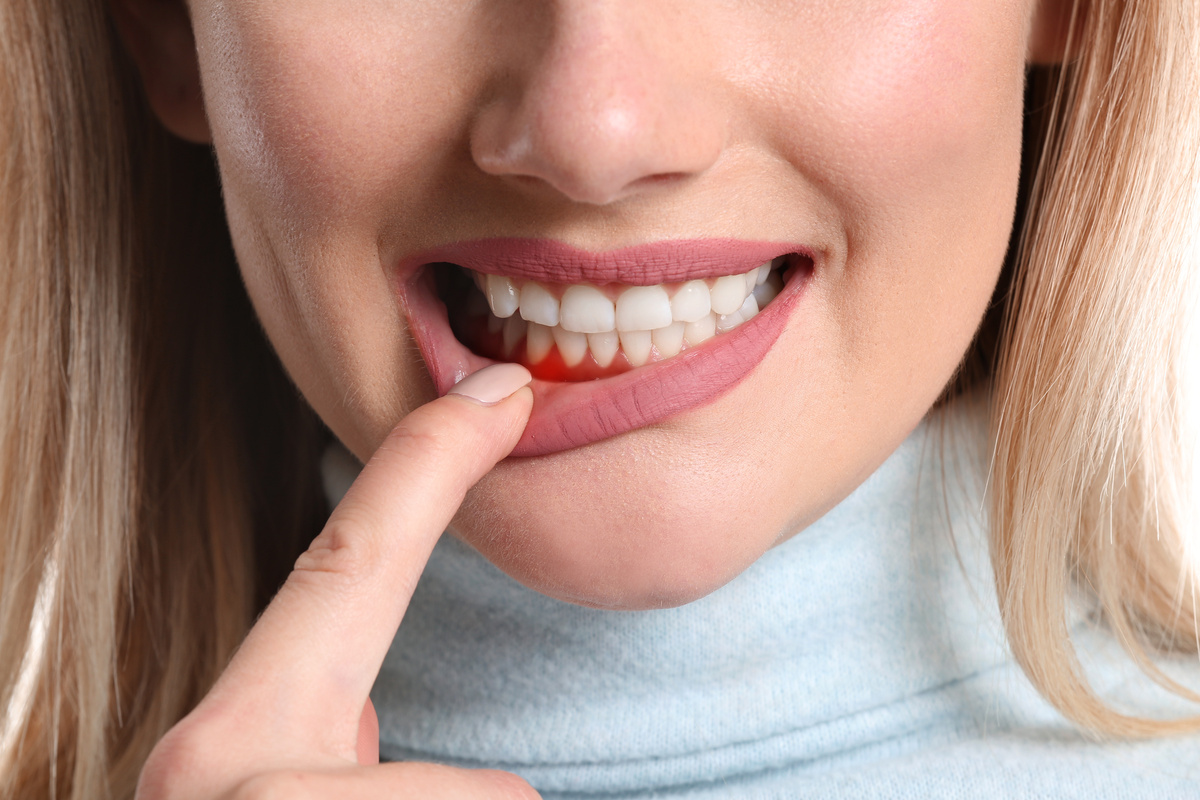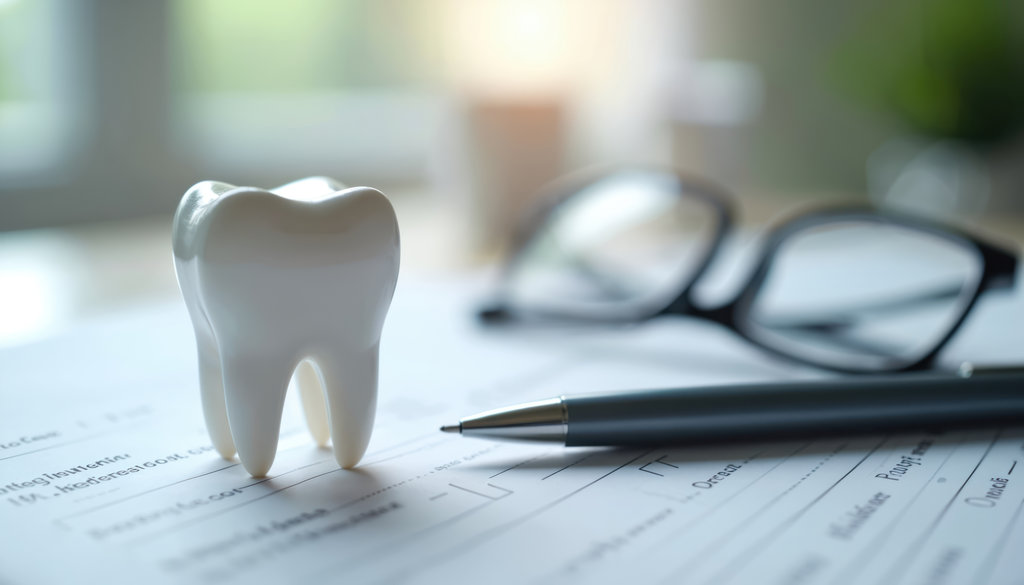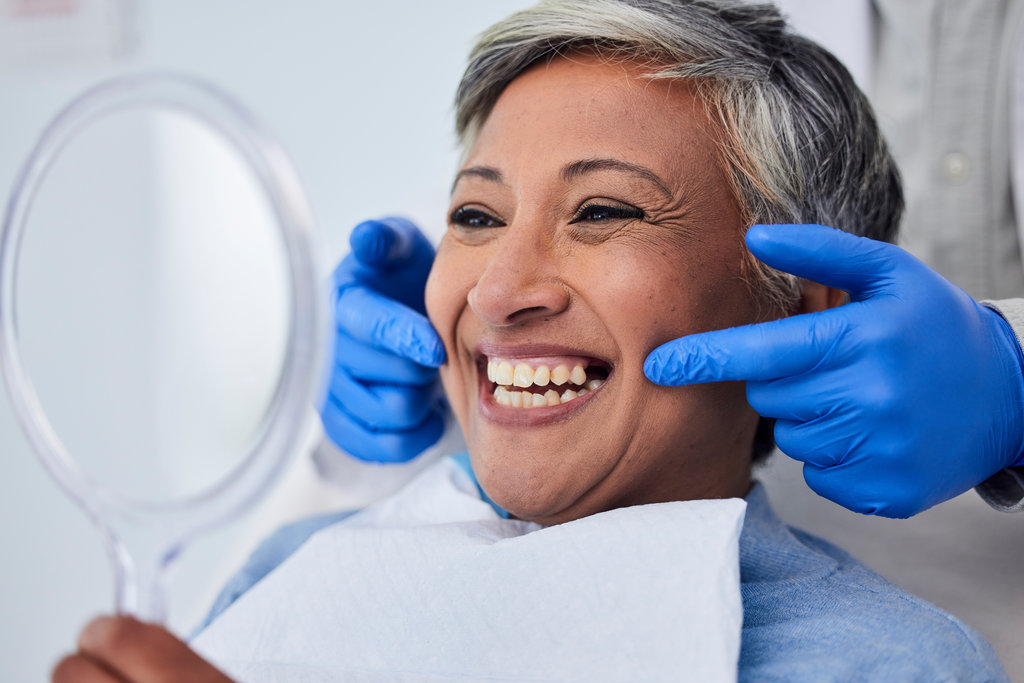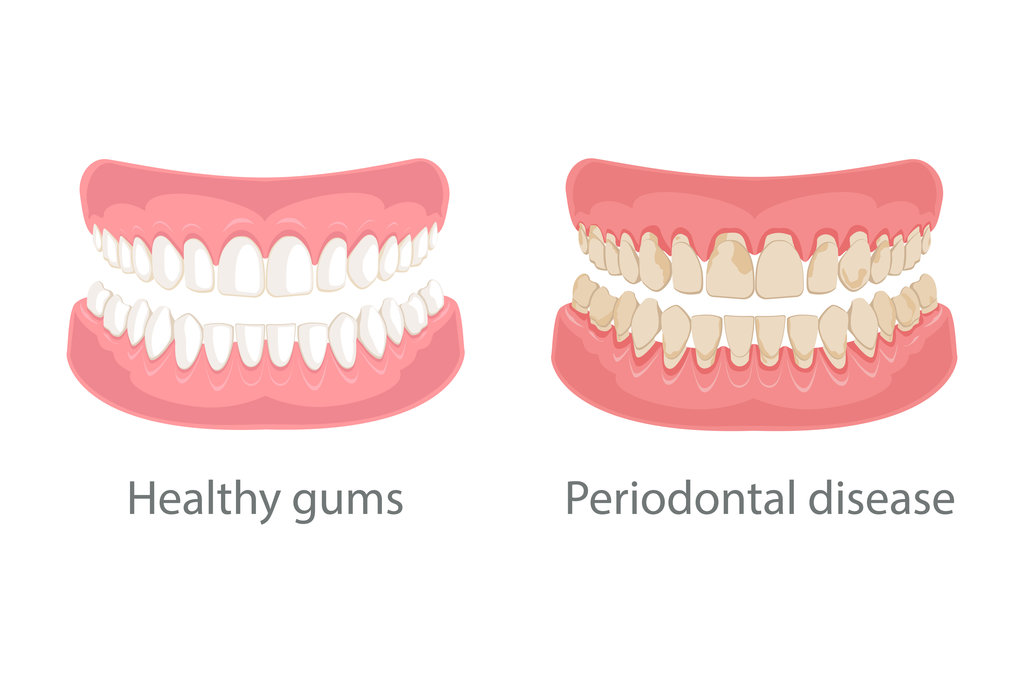 Pregnancy brings about extraordinary changes to your body. While you’re likely focused on preparing for your little one’s arrival, you might not think about how these changes can impact your oral health. Unfortunately, many expectant mothers are surprised to learn that pregnancy can significantly increase their risk of developing gum disease. But there’s good news! Understanding this connection can help you take proactive steps to protect both your smile and your new baby’s health.
Pregnancy brings about extraordinary changes to your body. While you’re likely focused on preparing for your little one’s arrival, you might not think about how these changes can impact your oral health. Unfortunately, many expectant mothers are surprised to learn that pregnancy can significantly increase their risk of developing gum disease. But there’s good news! Understanding this connection can help you take proactive steps to protect both your smile and your new baby’s health.
At Advanced Periodontics of New Jersey, we recognize the special oral health challenges that come with pregnancy. Dr. Matei and Dr. Peto, our LANAP-certified periodontists, has extensive experience helping expectant mothers maintain healthy gums throughout their pregnancy journey. With her advanced training from NYU College of Dentistry and years of research in periodontal health, she’s dedicated to ensuring you have the knowledge and care you need during this special time.
How Pregnancy Affects Your Gums
During pregnancy, your body produces increased levels of progesterone and estrogen, which can make your gums more sensitive to plaque bacteria. This hormonal surge often leads to what’s commonly called “pregnancy gingivitis,” affecting up to 70% of expectant mothers. You may notice that your gums become red, swollen, or tender, especially during the second trimester when hormone levels are at their peak.
These hormonal changes not only make your gums more sensitive to plaque but also alter the blood flow to your gum tissue and affect how your body responds to the toxins produced by plaque bacteria. This means that even if you maintained excellent oral hygiene before pregnancy, you might still experience gum inflammation during these nine months.
Warning Signs to Watch For
Recognizing the early signs of gum problems during pregnancy can help you address issues before they become more serious. Common symptoms include:
- Gums that bleed when you brush or floss
- Red, swollen, or tender gums
- Persistent bad breath
- Gums that appear to be pulling back from your teeth
- Changes in how your teeth coordinate when you bite
Some women also develop pregnancy tumors, small, non-cancerous growths on the gums that typically appear during the second trimester. While these growths are usually harmless and often disappear after delivery, they can make eating and oral hygiene more challenging.
The Connection Between Gum Health and Your Baby’s Health
Research has shown a concerning link between severe gum disease and pregnancy complications. Women with untreated periodontal disease may face a heightened risk of preterm birth, low birth weight babies, and preeclampsia. While scientists are still studying exactly how gum disease affects pregnancy outcomes, the evidence suggests that the inflammation and bacteria that come with periodontal disease can potentially trigger inflammatory responses that affect pregnancy.
This connection makes maintaining excellent oral health during pregnancy not just about your comfort – it’s about giving your baby the best possible start in life.
Protecting Your Gums During Pregnancy
The good news is that pregnancy gingivitis is largely preventable with proper care and attention. Start with gentle but thorough brushing twice daily using a soft-bristled toothbrush and fluoride toothpaste. Many pregnant women find that their gums are more sensitive, so take your time and use gentle circular motions rather than aggressive scrubbing.
Daily flossing becomes even more crucial during pregnancy, as it extracts plaque and food debris from between your teeth where your toothbrush can’t reach. If your gums bleed slightly when you first start flossing regularly, don’t be discouraged; this usually improves as your gums become healthier.
Consider using an antimicrobial mouth rinse to help minimize bacteria in your mouth, but avoid rinses containing alcohol. Stay hydrated throughout the day, as pregnancy can reduce saliva production, and saliva plays a crucial role in washing away harmful bacteria.
When to Seek Professional Care
Regular dental cleanings become especially important during pregnancy, and contrary to old wives’ tales, dental treatment is not only safe during pregnancy but highly encouraged. The American Dental Association and the American College of Obstetricians and Gynecologists both encourage routine dental care throughout pregnancy.
If you notice persistent bleeding, swelling, or discomfort in your gums, don’t wait to seek professional help. Early intervention can prevent minor gum irritation from progressing to more serious periodontal disease. Dr. Matei and Dr. Peto can provide specialized care tailored to your needs as an expectant mother, utilizing safe and effective treatments to maintain your gum health.
Professional cleanings can expel plaque and tartar buildup that regular brushing and flossing might miss, and we can provide personalized guidance on managing any pregnancy-related oral health changes you’re experiencing.
How Advanced Periodontics of N.J. Can Help During Your Pregnancy
Pregnancy is an exciting time filled with preparation and anticipation, and maintaining excellent oral health should be part of your prenatal care routine. At Advanced Periodontics of New Jersey, Dr. Matei and Dr. Peto bring years of specialized training and research experience to help you navigate the unique oral health challenges of pregnancy. As a faculty member at both Columbia University College of Dental Medicine and the University of Pennsylvania School of Dental Medicine, she combines cutting-edge knowledge with compassionate care.Don’t let pregnancy gingivitis progress to more serious gum disease that could affect both you and your baby. Schedule a consultation today by calling (201) 940-7002 or contacting us through our website. Together, we can ensure that your smile stays healthy throughout your pregnancy and beyond.






